In the world of professional sports, where the competitive attitudes of athletes meet the passion of millions of fans, no other league has received nearly as much skepticism as the National Football League (NFL).
Whispers and conspiracy theories about the league being rigged have persisted for years, causing fans and sports analysts alike to question the authenticity of “America’s sport.” The rigging allegations center on the idea that certain games are manipulated to favor specific teams or players, usually for economic gain and increased engagement.
The theory that the NFL prioritizes specific teams or players questions the financial viability of the league. As an enormous industry with diverse streams of revenue, the NFL has numerous broadcasting deals and very profitable merchandise and ticket sales. A rigged league with a predetermined winner risks alienating fans and sponsors, potentially harming financial stability.
Social media platforms have become a breeding ground for football conspiracy theories and speculation, providing a platform for fans to share their analyses and opinions on games without being questioned by league professionals. The instantaneous nature of social media allows fans to make real-time reactions regarding questionable calls and unexpected outcomes, which only accelerates the spread of rigging claims.
The rise of social media influencers and content creators who specialize in sports commentary has contributed to the circulation of theories as well. The ability of influencers and creators to reach audiences far and wide also creates a mass platform for skepticism. While some creators provide informed analyses, others capitalize on sensationalism to gain attention, further amplifying rigging narratives.
Critics of the NFL often point to high-profile incidents of controversial calls or game decisions that seem to favor more popular teams or players. The infamous “Tuck Rule” game in 2002, for example, involved the Oakland Raiders versus the increasingly popular New England Patriots, led by star quarterback Tom Brady. In the game, a play occurred, which resulted in officials citing a controversial rule, that favored the Patriots. This ruling ultimately caused the Patriots to beat the Raiders and was pivotal in their journey to a Super Bowl victory that year.
While isolated controversial calls may raise eyebrows and cause questions to the legitimacy of the league, the NFL denies any intentional manipulation of games. The league also argues that the criticism placed on individual calls overshadows the many unbiased decisions throughout an entire season, which could have been just as controversial but with less on the line.
NFL Commissioner Roger Goodell defends officials and human mistakes saying in a 2012 campaign that pushed for the legalization of sports gambling: “Normal incidents of the game such as bad snaps, dropped passes, turnovers, penalty flags and play calling inevitably will fuel speculation, distrust and accusations of point-shaving and game-fixing.”
Boston Latin School football captain and quarterback August Groh (II) believes that the NFL is not rigged. Sympathizing with referees, he says, “Football is a really hard sport to referee because of all the infractions like holding or offside. Things are pretty small [and] not very visible to the eye.”
A further argument from NFL critics is the presence of the “Super Bowl narrative.” Theorists argue that the league creates a storyline to ensure that the most marketable teams and players make it to the playoffs and ultimately the Super Bowl. Skeptics suggest that featuring favored franchises or charismatic players draws higher television ratings, thus generating more revenue.
Some point to the highly public relationship between Kansas City Chiefs tight end Travis Kelce and global superstar artist Taylor Swift, arguing that it has led the NFL to promote the Chiefs to garner more media attraction. Theorists believe the NFL intentionally used the widespread media coverage of the relationship to gain as much engagement as possible with the Super Bowl.
Wolfpack cheerleading captain and fan of popstar Taylor Swift, Bridget Treseler (I), believes that the NFL is not rigged, saying, “Taylor Swift is just popular and brings more viewers to the game.”
The theories of the NFL being rigged remain largely speculative, lacking substantial evidence to support such claims. While controversies and questionable calls are part of any sport, attributing them solely to a league-wide conspiracy oversimplifies the complex and unpredictable nature of professional football.
As fans, it is important to appreciate athletes for their skills, athleticism and the excitement they bring. League conspiracy theorists and skeptics lose sight of the fact that genuine competition remains at the heart of the league.



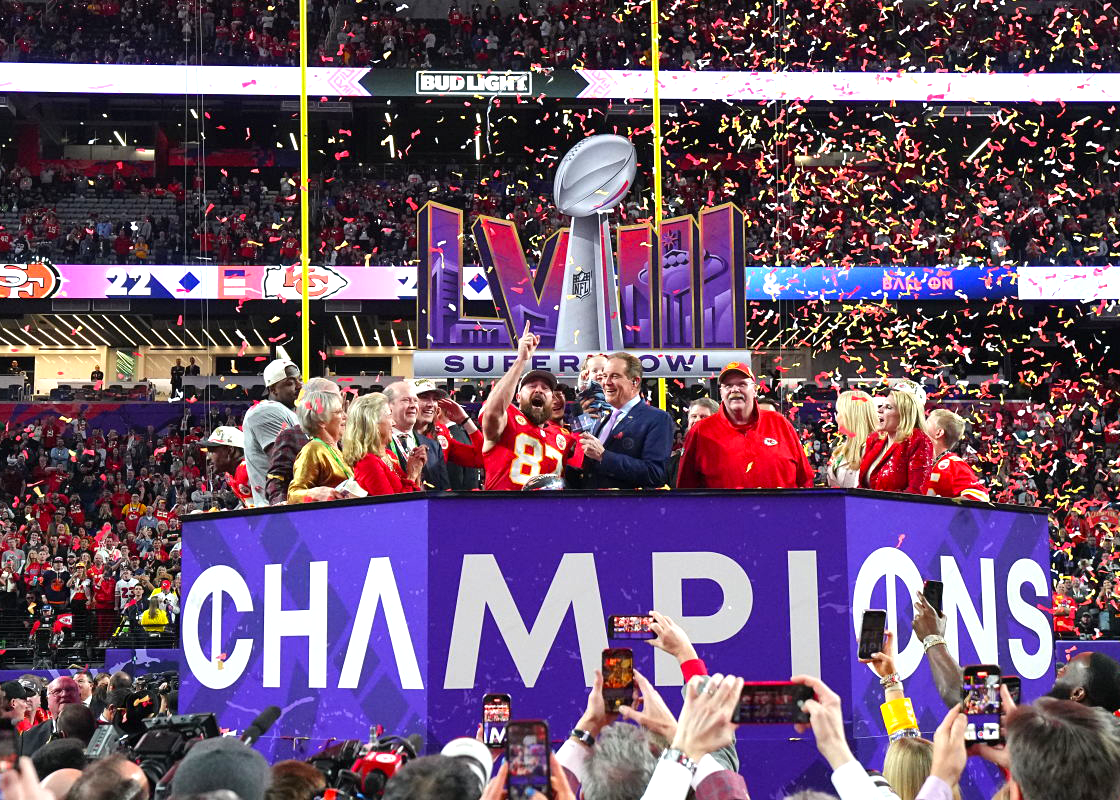
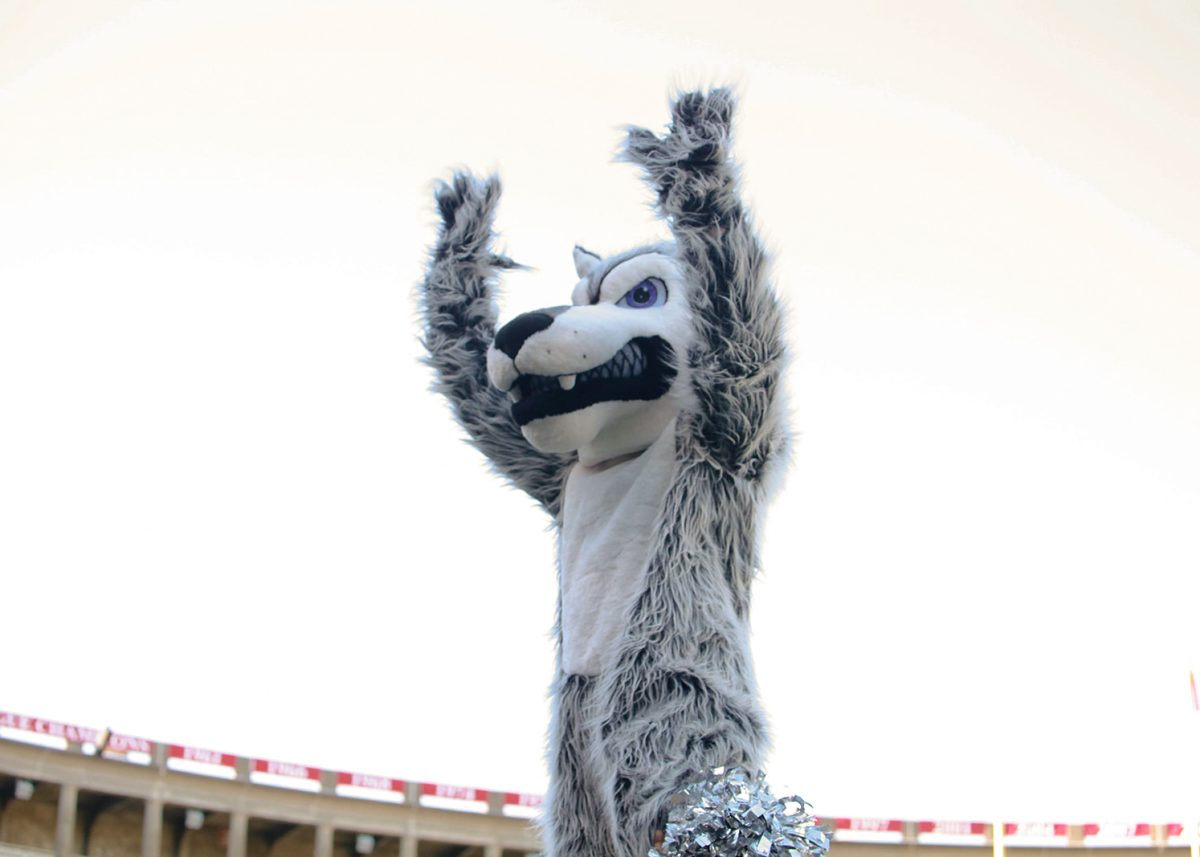
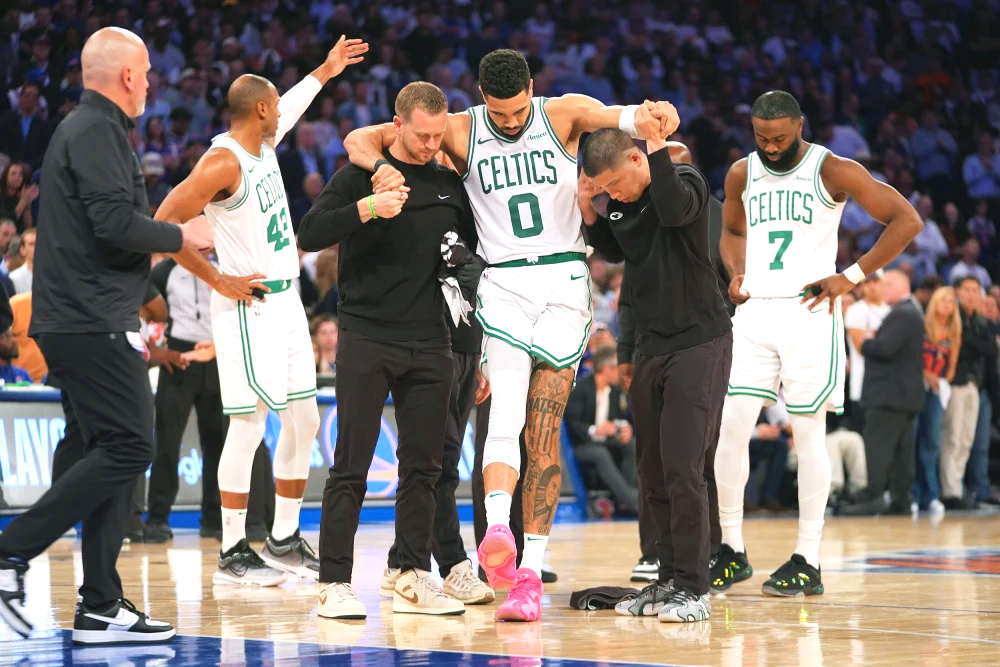
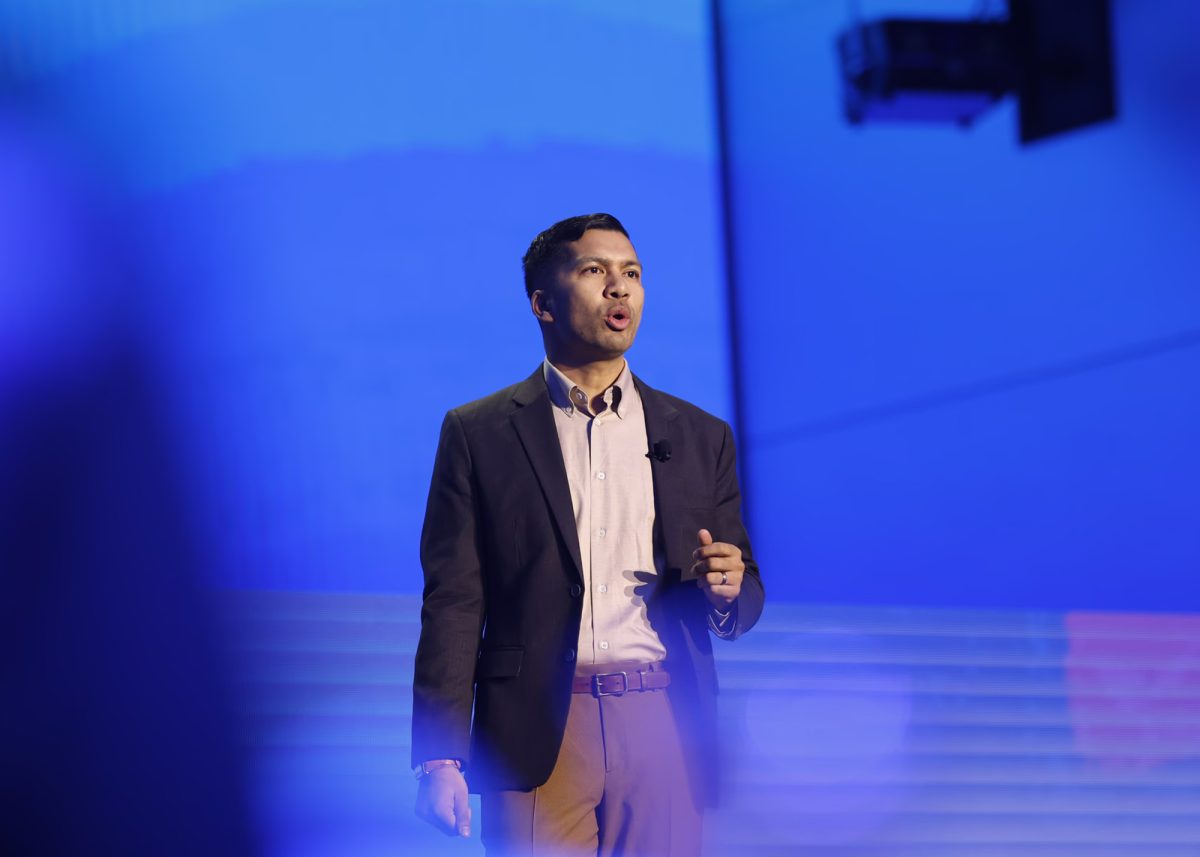
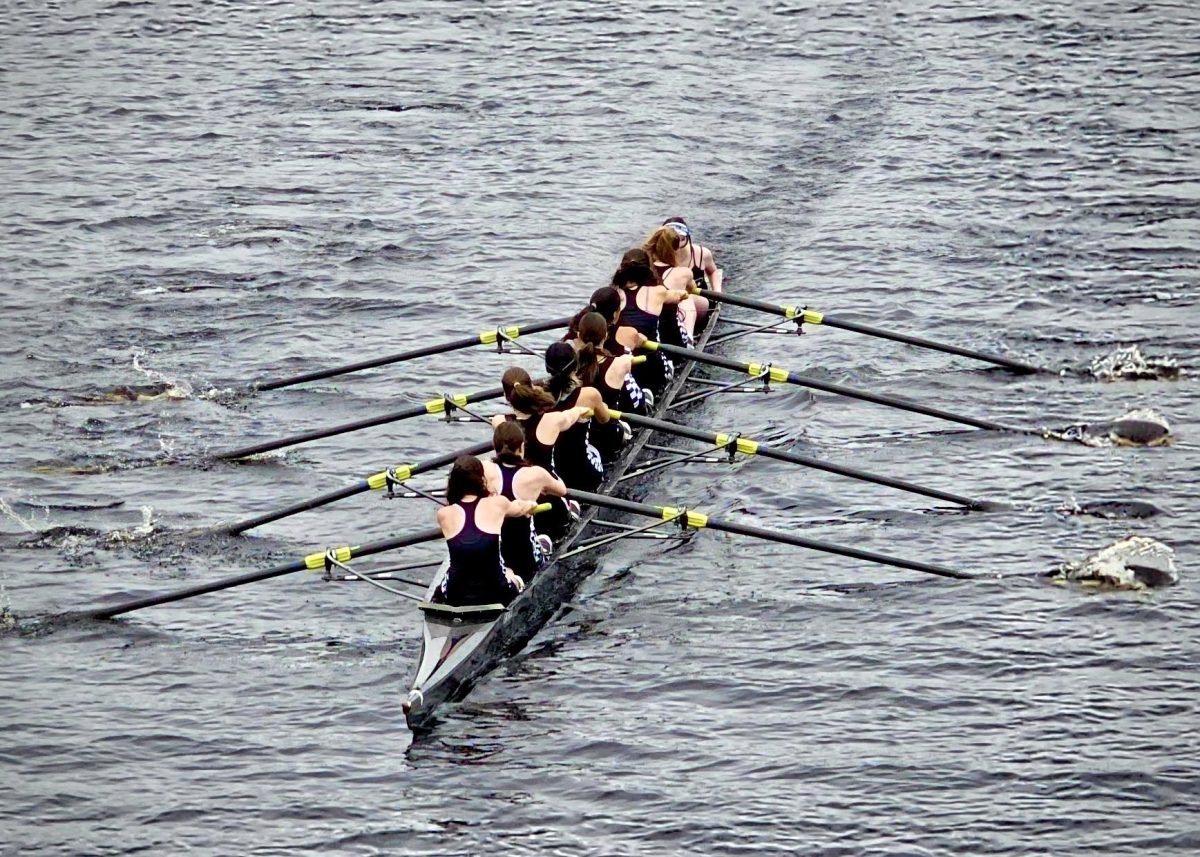
Christopher • Nov 7, 2024 at 11:51 pm
After watching for so many years, I finally see it. Tonight was like finding out Santa wasn’t real and WWF wrestling wasn’t real when I was a child. I feel so stupid! So dumb for believing in something that wasn’t real. The Bengals lost on purpose tonight. I don’t know how deep the fix goes, but it was definitely fixed. I have been wondering for years and now as a diehard Bengals fan for so many years, I know for sure now it is fixed. I am so sad! Just like when I was a child and found out the lie about Santa and Hulk Hogan. I am embarrassed that I could be manipulated for so many years. I am almost 50 and I still believed that NFL football could be real. It is not! It is not! I will never watch a game again. I can be entertained by shows and movies I know are written. I am very sad that they do this just to make more money from bets. Good bye NFL football forever
James Shackelford • Jan 12, 2025 at 4:10 pm
They make it so obvious! I’ve been a bills fan since 1990 but after seeing Josh Allen bounce around in the po ket for 8 seconds while I can personally see three offensive holding penalties, yet no laundry. This was tha same thing that happened when the nfl gave Patrick Mahomes and the chiefs the supermodel over the niners while throwing holding calls on the niners before Jimmy G could take 2 step drop and flagged them every time they got positive yardage in the 4th quarter. It’s been rigged since the days of Crybrady and the patriots. Imagine that! The patriots just so happen to win a superb owl in a time where patriotism is needed in the country with terrorists attacks. Then new Orleans just so happens to win the “sympathy bowl” after Katrina with a huge bs ref rig in the vikings game. Peyton manning wins a superb owl before retiring.